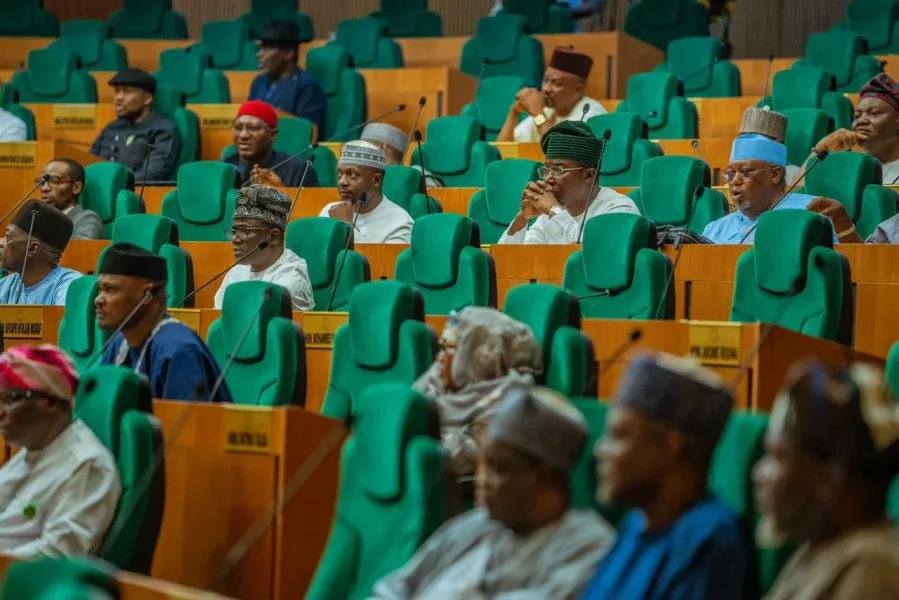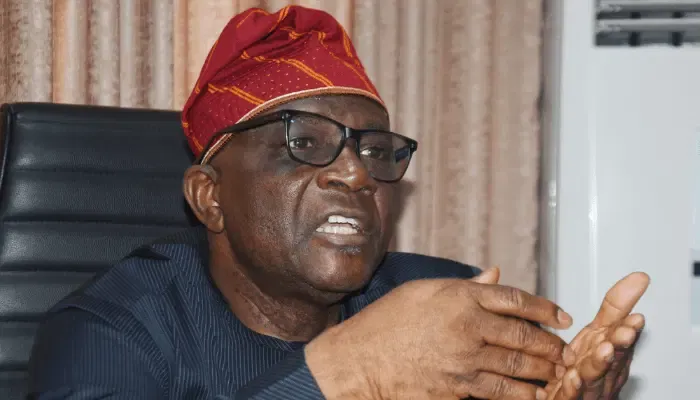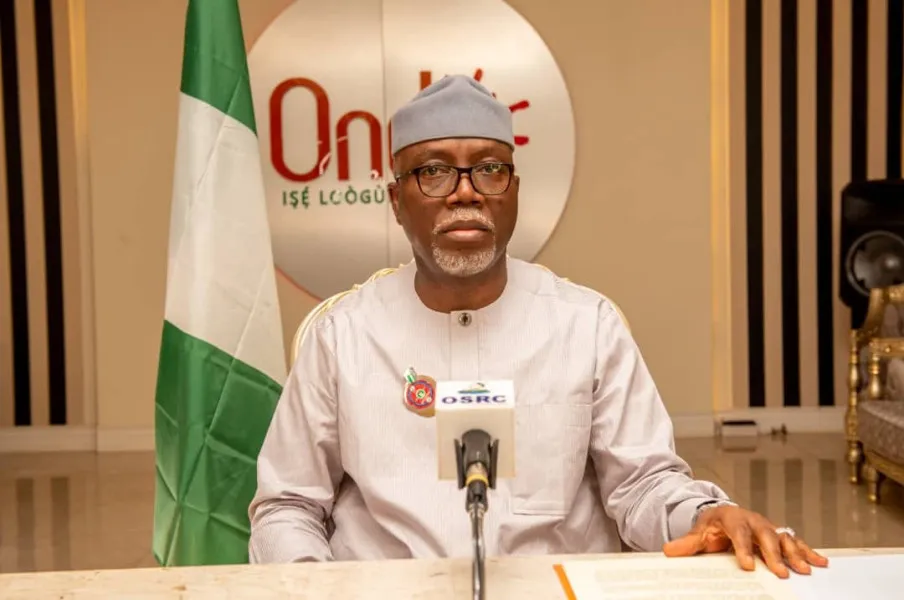The economic situation in Nigeria continues to cause concern, with rising food prices and fuel costs making daily survival increasingly difficult for many citizens. A recent account from an Ijebu-Ode resident highlights the burden of inflation, noting that the price of basic staples, such as garri, has skyrocketed. “When an Ijebu man is finding it difficult to afford garri, which he wants to soak in water and gulp down with either a piece of meat, a cutlet of fish or a handful of groundnuts, then there is a hell of a lot of things to worry about,” the man shared.
A popular staple in Nigeria, garri is now being sold for N2,500 per paint bucket measure, compared to N450 just a few years ago. Between 2015 and now, the price has steadily risen, forcing Nigerians to adjust to these steep costs. With inflation driving the cost of even the most basic food items, some fear that the situation will worsen. “Something tells me that by December, it will be N3,000, or more,” he added, expressing a concern shared by many.
This sharp rise is not limited to garri. Rice, another dietary staple, has seen its price soar, with a 50-kilogram bag now costing N90,000. This has put additional pressure on households already struggling to balance daily expenses. Combined with the increasing cost of transportation, housing, and education, many Nigerians are questioning how long they can sustain their livelihoods. Commuters, in particular, face a grim reality as fuel prices continue to climb following the government’s subsidy removal.
Despite efforts by the government to ease the economic burden through palliative measures, the response has been met with widespread skepticism. While the distribution of food items, such as bags of rice, has been part of the relief initiative, many Nigerians feel the impact has been minimal. “How does the possession of a bag of rice help pay for risen and rising cost of transport, or hiked school fees, rent, food items, and others?” asked one critic, reflecting the views of many frustrated citizens.
A government-backed initiative to introduce compressed natural gas (CNG) as a cost-saving alternative for vehicles has also faced challenges. While CNG is touted as a more affordable option, its adoption has been slow. As of now, only about 5,600 vehicles have been converted to CNG in Benin City, a tiny fraction of the over 16 million registered vehicles nationwide. This has led to doubt about whether the project will have any meaningful impact in the short term.
The rising cost of living has left many Nigerians scrambling to find alternative means of survival, with an increase in illegal activities such as ritual killings and internet scams, particularly among the youth. There is also a growing fear of corruption within the government as people struggle to cope with the financial crisis.
In response to these challenges, the government has been urged to rethink its economic policies, including a suggestion to allocate crude oil to the Dangote Refinery at half the international price, to reduce fuel costs. “If this can be done, the economy will nose up again, as productivity will be re-energised,” another concerned citizen advised, echoing the sentiment of those seeking more effective solutions. Many also call for a reassessment of the Naira flotation policy, as the currency continues to lose value against the dollar.





